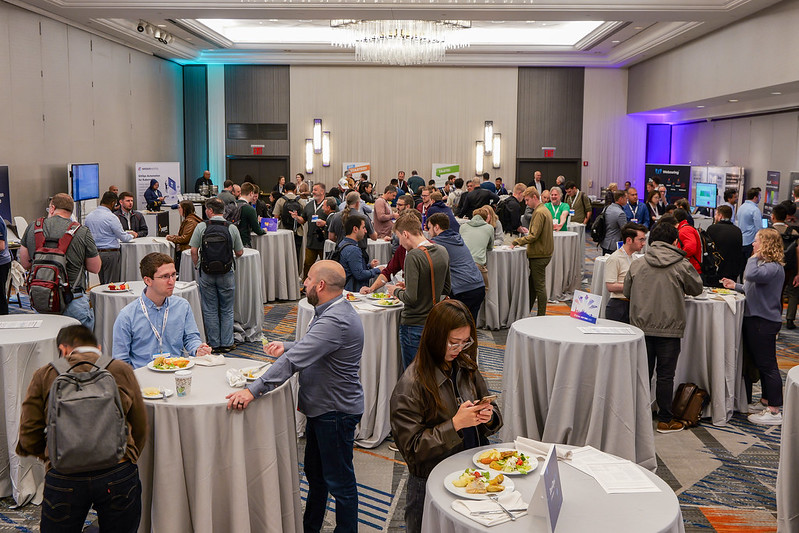- Program
- Program
- Program
- Program
- Program
- Schedule
- Business & Company Culture
- Cloud Platforms
- DevSecOps & Cloud Security
- Containerization & the Kubernetes Ecosystem
- Continuous Integration & Continuous Delivery
- System Design & Software Architecture
- Observability & Service Mesh
- Kubernetes Bootcamp
- DevOps Transformation Day
- Speakers
- More Program
- Program
- Schedule
- Business & Company Culture
- Cloud Platforms
- DevSecOps & Cloud Security
- Containerization & the Kubernetes Ecosystem
- Continuous Integration & Continuous Delivery
- System Design & Software Architecture
- Observability & Service Mesh
- Platform Engineering Summit
- Speakers
- Kubernetes Bootcamp
- More program
- Tickets
- Tickets
- Tickets
- Tickets
- Tickets
- Tickets
- Conferences
- Formate
- Inhouse
- Blog
- Info
- DevOpsCon
- Downloads
- Sponsors & Expo
- Info
- Camps
- Editions
- Jetzt anmelden
- Register Now
- Register now
- Register Now
- Register now
- Register now
- Register Now
GET DEVOPS NEWS AND UPDATES!
Join our community and stay up to date!
GET DEVOPS NEWS AND UPDATES!
Join our community and stay up to date!
GET DEVOPS NEWS AND UPDATES!
Join our community and stay up to date!
Unlock Exclusive Discounts & Free Recordings Today

Register for a free devmio Fullstack membership to secure:
 6 months access to session recordings.
6 months access to session recordings.
 $100 discounts on DevOpsCon New York tickets.
$100 discounts on DevOpsCon New York tickets.
 1 year unlimited access to devmio - the conference platform.
1 year unlimited access to devmio - the conference platform.
Sign Up today and get a taste of DevOpsCon New York! Free for a limited time.
GET DEVOPS NEWS AND UPDATES!
Join our community and stay up to date!
GET DEVOPS NEWS AND UPDATES!
Join our community and stay up to date!
GET DEVOPS NEWS AND UPDATES!
Join our community and stay up to date!